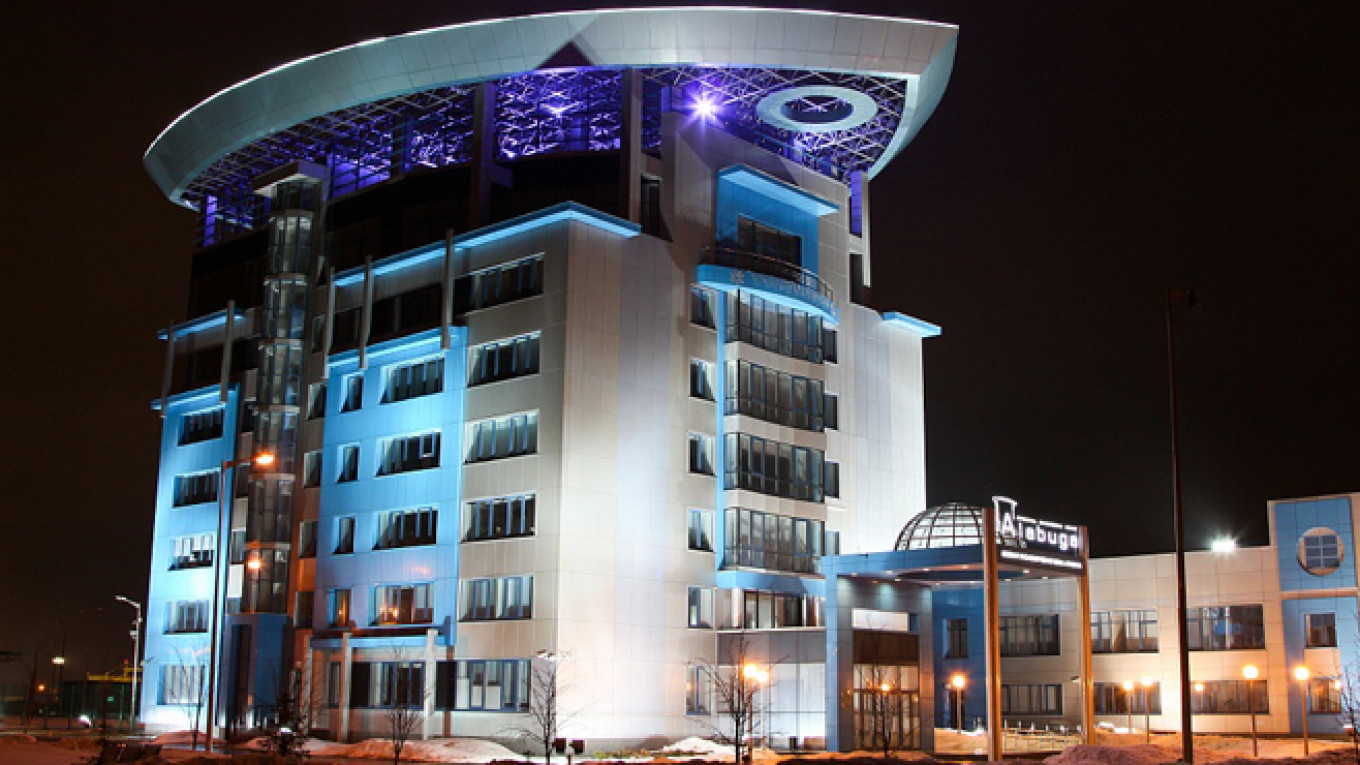Germany's RMA Pipeline Equipment, a major contractor for Russia's gas giant Gazprom, opened its biggest factory to date in central Russia on Wednesday, brushing off concerns that Western sanctions against Russia's oil and gas industry may turn Gazprom into a persona non grata for European firms.
RMA has invested 1.1 billion rubles ($32 million) into a plant in a special economic zone in Alabuga, Tartarstan, where production lines are gearing up to produce 500-millimeter-diameter pipeline valves, according to a joint statement from RMA's Russian subsidiary and Special Economic Zones, which manages the Alabuga site. Through 2021, the German company will invest another 600 million rubles ($17 million) into upgrades enabling the plant to produce valves of larger diameter.
Aside from Gazprom, RMA's supplies major oil and gas companies such as BASF, Chevron and Eni. RMA also supplied equipment for the Nord Stream gas pipeline, which transports Russian gas under the Baltic Sea to Germany.
Andreas Truttenbach, managing director and owner of RMA, has no intention of being derailed by recent political tensions between Russia and Germany over Russia's annexation of Crimea from Ukraine. "We had 15 to 20 years of good working relations with Russia," he said, "and our partners encouraged us to set up local production. About 2 1/2 years ago we decided to go for it."
And having built the plant, RMA is looking to expand its client base beyond Gazprom.
"After we fully set up production here, we will approach other clients as well. [Privately owned gas producer] Novatek may be one of them," Truttenbach said.
RMA has production facilities in Europe and in the Middle East, but the factory in Alabuga, some 1,000 kilometers east of Moscow, is its largest, according to the company.
The decision to push ahead with plans to set up local production of equipment for the oil and gas industry comes amid mounting sanctions on Russia. So far these sanctions have been limited in scope — European countries are loath to damage bilateral trade worth nearly $400 billion per year — but if violence in separatist eastern Ukraine escalates this may change. Earlier this week the Financial Times reported that some European countries, as well as the U.S., may impose a ban on export of high-tech equipment for Russia's energy sector.
Truttenbach is unconcerned — "We are not afraid of sanctions," he said. "Our production will not be affected by them because we will be making all products locally, though we do hope the tensions will be resolved."
Contact the author at a.panin@imedia.ru
A Message from The Moscow Times:
Dear readers,
We are facing unprecedented challenges. Russia's Prosecutor General's Office has designated The Moscow Times as an "undesirable" organization, criminalizing our work and putting our staff at risk of prosecution. This follows our earlier unjust labeling as a "foreign agent."
These actions are direct attempts to silence independent journalism in Russia. The authorities claim our work "discredits the decisions of the Russian leadership." We see things differently: we strive to provide accurate, unbiased reporting on Russia.
We, the journalists of The Moscow Times, refuse to be silenced. But to continue our work, we need your help.
Your support, no matter how small, makes a world of difference. If you can, please support us monthly starting from just $2. It's quick to set up, and every contribution makes a significant impact.
By supporting The Moscow Times, you're defending open, independent journalism in the face of repression. Thank you for standing with us.
Remind me later.


